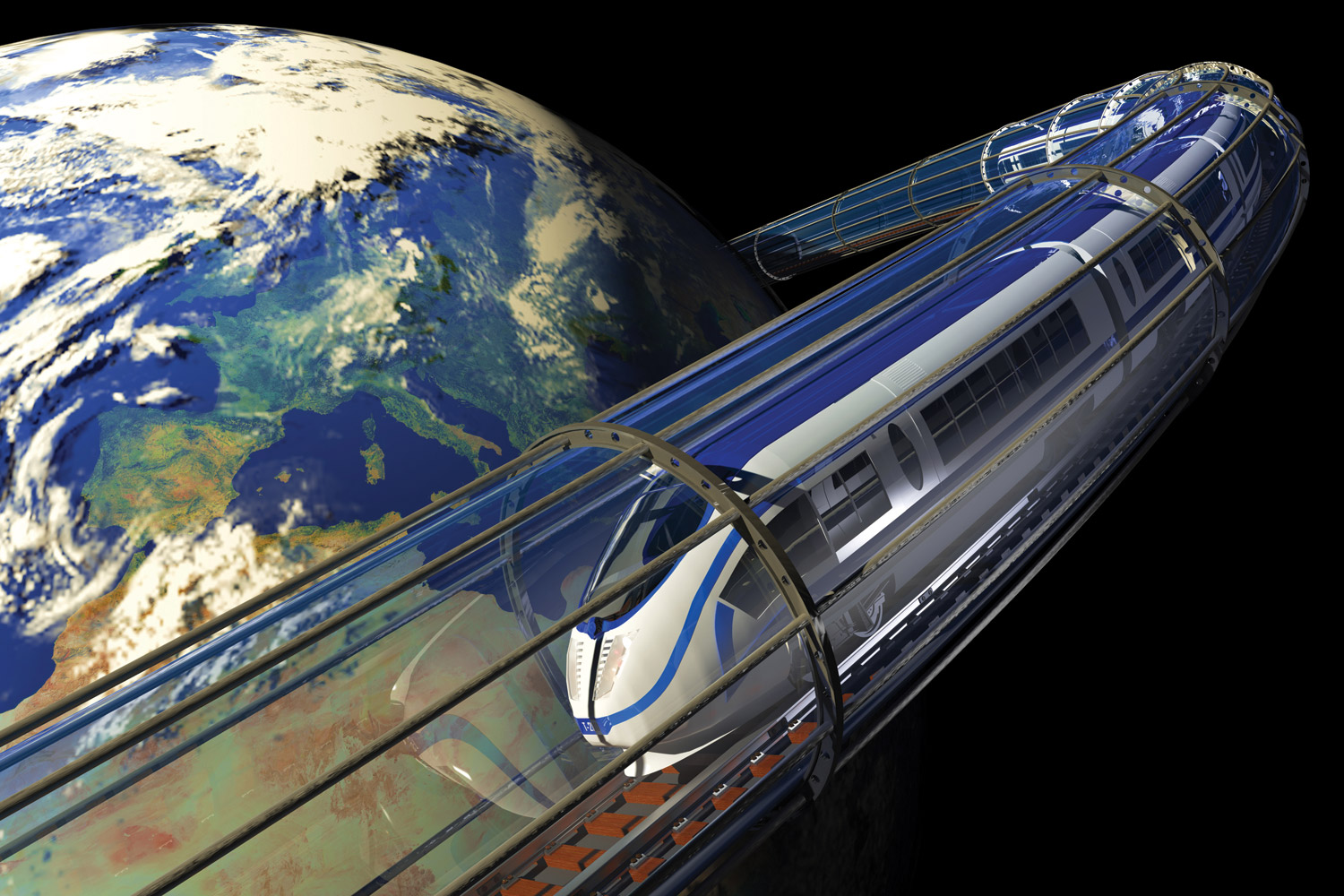Hidden Gems: Underrated Destinations That Should Be on Your Bucket List

Let me tell you something that might surprise you: some of my most memorable travel experiences have come from the moments when everything went “wrong.” The missed connection that led to an unexpected overnight in a charming city I’d never heard of. The language barrier that resulted in ordering something completely different than intended, but discovering a new favorite dish. The budget constraints that forced me to stay in a local guesthouse instead of a chain hotel, where I ended up having the most authentic cultural experience of my entire trip.
This is what hidden gems: underrated destinations that should be on your bucket list is really about—not just the mechanics of getting from point A to point B, but the art of turning the unexpected into the unforgettable. In a world where travel has become increasingly accessible yet somehow more complicated, understanding how to navigate both the opportunities and challenges has never been more important.
The Changing Face of Modern Travel
Travel today looks nothing like it did even a decade ago. The rise of social media has turned every destination into a potential Instagram backdrop, budget airlines have made international travel accessible to more people than ever before, and technology has put the power of a travel agent right in our pockets. But with all these changes come new challenges and considerations that every traveler needs to understand.
The numbers tell an interesting story. The average traveler now spends more time researching their trip than actually taking it, scrolling through hundreds of reviews, comparing dozens of options, and second-guessing every decision. While having access to information is undoubtedly valuable, it’s also created a kind of analysis paralysis that can suck the joy out of travel planning.
What’s particularly fascinating is how different generations approach travel. Millennials and Gen Z travelers are driving a shift toward experience-driven travel, with 82% prioritizing unique, story-worthy adventures over traditional sightseeing. They’re more likely to book accommodations through sharing platforms, seek out local experiences, and view travel as an investment in personal growth rather than just a break from routine.
Meanwhile, the concept of “overtourism” has forced us to reconsider how and where we travel. Popular destinations are implementing visitor caps, charging entrance fees, and encouraging travelers to visit during off-peak times. This has created both challenges and opportunities for savvy travelers who are willing to think outside the box.
The Real-World Impact of Smart Travel Choices
Here’s what I’ve learned from years of both successful trips and spectacular travel failures: the difference between a good trip and a great one often comes down to the small decisions you make before you even leave home. It’s not about having the biggest budget or visiting the most exotic destinations—it’s about understanding how to make thoughtful choices that align with your values, interests, and circumstances.
Take timing, for example. Everyone knows that traveling during peak season means higher prices and bigger crowds, but what many people don’t realize is how dramatically the experience can change just by shifting your dates by a week or two. I once visited Prague in late September instead of mid-August and not only saved 40% on accommodations but also experienced the city during the magical transition from summer to autumn, with perfect weather and a much more relaxed atmosphere.
The accommodation choice is another area where smart thinking pays dividends. While luxury hotels certainly have their place, some of my most enriching travel experiences have come from staying in locally-owned guesthouses, family-run bed and breakfasts, or even well-chosen hostels. These options often provide insights into local culture that you simply can’t get from international hotel chains, plus they keep more of your travel dollars in the local economy.
Food is where many travelers miss out on authentic experiences by sticking to familiar options or tourist-oriented restaurants. The best meals I’ve had while traveling have often been at places with no English menu, recommended by locals, or discovered by simply following my nose down a side street. Yes, it requires a bit of courage and flexibility, but the payoff in terms of authentic cultural experience is enormous.
Navigating the Practical Challenges
Let’s be honest about something: travel can be stressful, expensive, and occasionally frustrating. Flight delays happen, language barriers are real, and sometimes the “charming local restaurant” turns out to be a tourist trap with mediocre food and inflated prices. The key is learning how to minimize these challenges while maintaining the flexibility to turn obstacles into opportunities.
Budget management is probably the area where I see travelers struggle most. It’s easy to get caught up in the excitement of planning and book the first options you find, but a little patience and research can save substantial money without sacrificing quality. I’ve found that the sweet spot for booking flights is usually 6-8 weeks in advance for domestic travel and 8-12 weeks for international trips, though this can vary significantly based on destination and season.
The rise of dynamic pricing means that the cost of everything from flights to hotels can change multiple times per day based on demand algorithms. While this can be frustrating, it also creates opportunities for flexible travelers who can monitor prices and book when they dip. Tools and apps can help with this, but don’t become so obsessed with finding the absolute lowest price that you miss out on good deals while waiting for perfect ones.
Safety and security considerations have become more complex in recent years, but they don’t have to be overwhelming. The key is staying informed without becoming paranoid. Check current conditions at your destination, register with your embassy if traveling internationally, and have backup plans for important documents and emergency contacts. But don’t let security concerns prevent you from having authentic experiences or interacting with locals.
The Art of Sustainable and Responsible Travel
One of the most significant shifts in travel culture has been the growing awareness of our impact on the places we visit. This goes beyond just environmental considerations, though those are certainly important. It’s about understanding that our presence as travelers affects local communities, economies, and cultures in ways both positive and negative.
Sustainable travel doesn’t mean you have to give up comfort or convenience entirely, but it does mean making more thoughtful choices. Sometimes this means paying a bit more for accommodations that employ local staff and source food locally. Sometimes it means choosing overland transportation instead of flights for shorter distances, or visiting lesser-known destinations instead of adding to overcrowding at popular sites.
The economic impact of our travel choices is something many people don’t consider, but it’s significant. When you stay at locally-owned accommodations, eat at family-run restaurants, and buy souvenirs from local artisans, you’re ensuring that more of your travel spending benefits the communities you’re visiting. This creates a more authentic experience for you while supporting sustainable tourism development.
Cultural sensitivity is another crucial aspect that goes beyond just following basic etiquette rules. It’s about approaching new cultures with genuine curiosity and respect, being willing to step outside your comfort zone, and understanding that different doesn’t mean wrong. Some of my most meaningful travel experiences have come from situations where I initially felt uncomfortable or confused but remained open to learning.
Looking Forward: The Future of Travel
The travel industry continues to evolve rapidly, driven by changing traveler expectations, technological innovations, and global events that reshape how we think about mobility and connection. Understanding these trends can help you make better decisions about how, when, and where to travel.
Personalization is becoming increasingly sophisticated, with technology enabling more tailored experiences based on individual preferences and past behavior. While this can enhance convenience and satisfaction, it’s worth maintaining some spontaneity and openness to unexpected discoveries that algorithms might not predict.
The concept of “slow travel” is gaining popularity as people seek more meaningful, less rushed experiences. This might mean spending a week in one city instead of trying to see five countries in ten days, or choosing overland routes that allow you to see the landscape change gradually rather than just hopping between airports.
Health and wellness considerations have become more prominent in travel planning, not just in terms of safety protocols but also in seeking experiences that contribute to physical and mental well-being. This might mean choosing destinations with opportunities for outdoor activities, seeking accommodations that prioritize wellness amenities, or planning trips that allow for rest and reflection rather than constant activity.
Making It Personal: Your Travel Philosophy
Ultimately, hidden gems: underrated destinations that should be on your bucket list is deeply personal. What works for one traveler might be completely wrong for another, and that’s perfectly fine. The key is developing your own travel philosophy based on your values, interests, budget, and circumstances.
Some people thrive on detailed planning and structured itineraries, while others prefer to book a flight and figure out the rest as they go. Some prioritize comfort and convenience, while others seek adventure and challenge. Some travel to relax and escape, while others travel to learn and grow. None of these approaches is inherently better than the others—they’re just different ways of engaging with the world.
What matters most is being intentional about your choices and honest about what you hope to get from your travel experiences. If you’re traveling to relax, don’t pack your schedule so full that you come home more exhausted than when you left. If you’re traveling to learn about other cultures, don’t spend all your time in tourist bubbles that insulate you from authentic local experiences.
The best travelers I know are those who have learned to balance planning with spontaneity, comfort with adventure, and personal desires with respect for the places and people they encounter. They understand that travel is not just about the destinations you visit, but about the person you become through the experience of exploring the world with an open mind and heart.
Remember, every expert traveler was once a beginner who made mistakes, got lost, and learned through experience. The goal isn’t to avoid all challenges or have perfect trips every time—it’s to approach travel with curiosity, flexibility, and a sense of adventure that allows you to find joy and meaning in the journey itself.
What’s been your most valuable travel lesson? I’d love to hear about the experiences that have shaped your approach to exploring the world. Share your stories in the comments below—we can all learn from each other’s adventures and misadventures!




